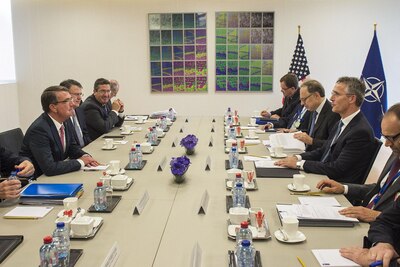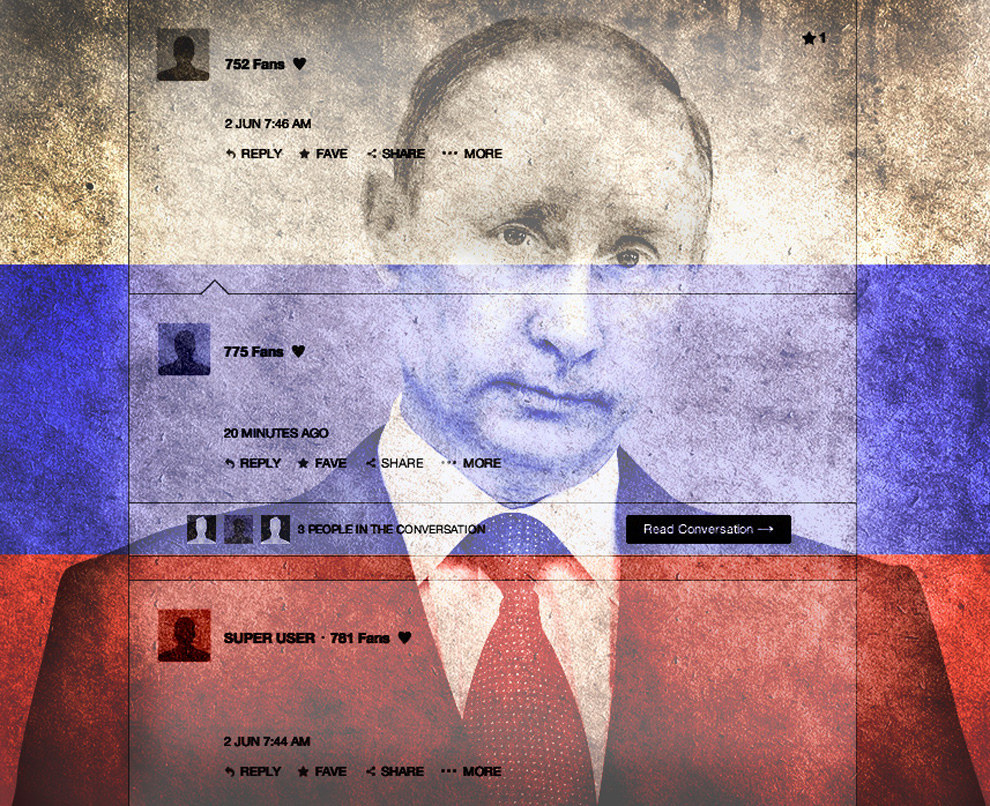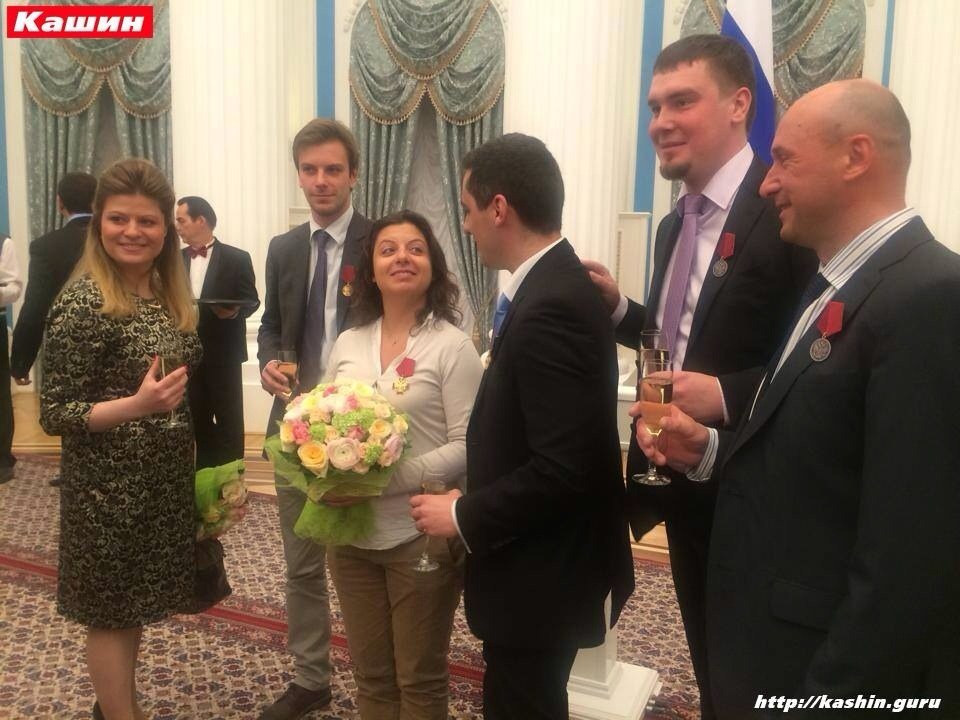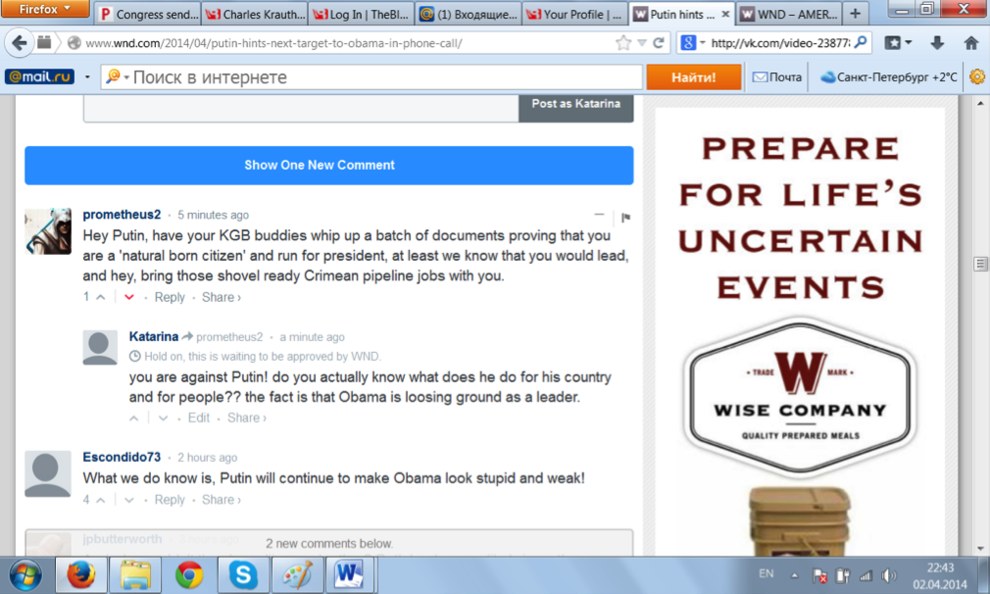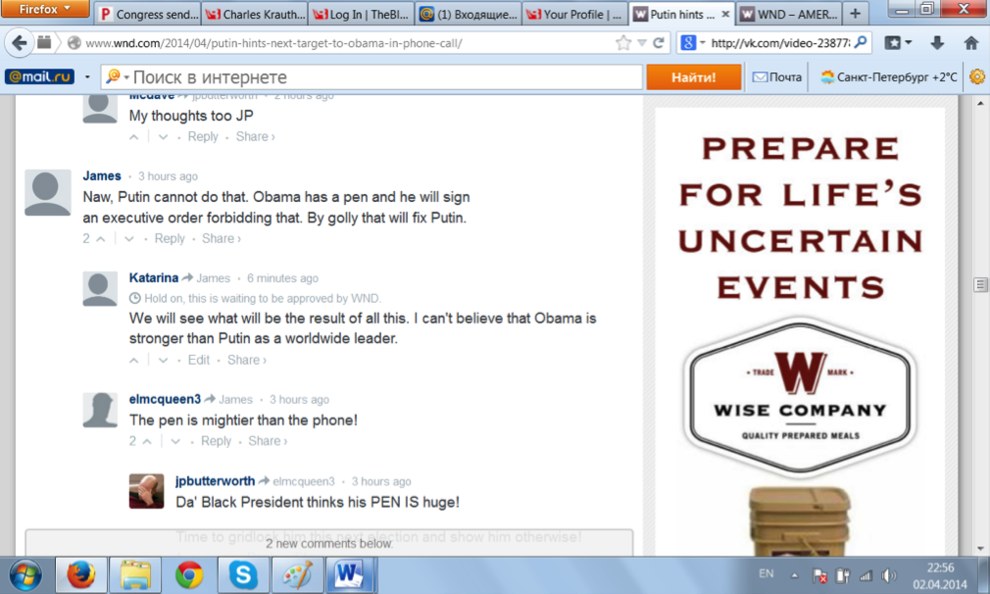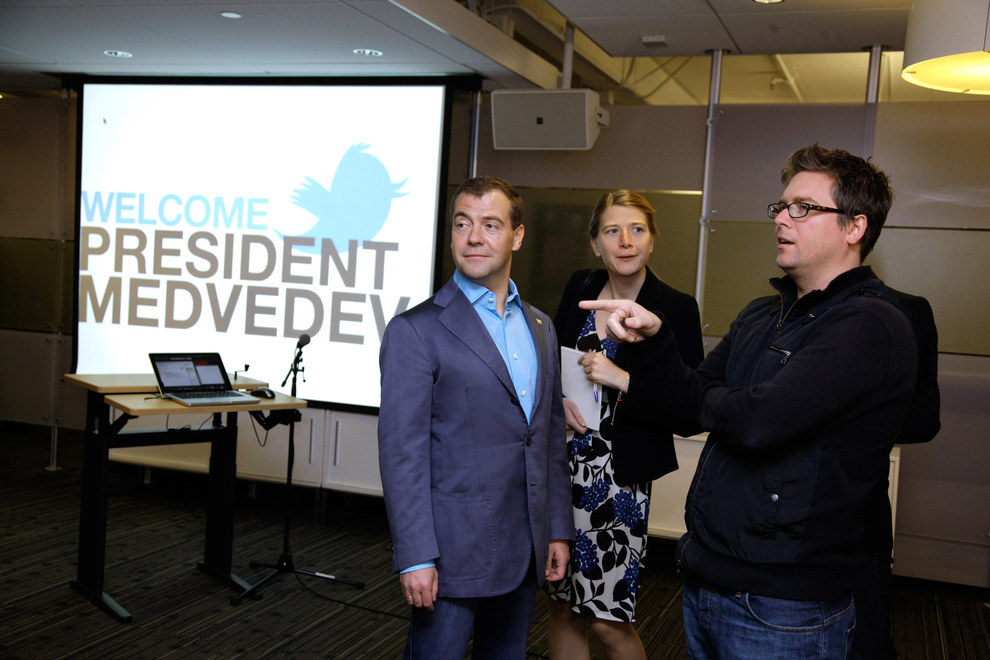NATO to Recognize Cyberspace as New Frontier in Defense
Nasdaq: BRUSSELS—Allied defense ministers formally recognized cyberspace as a domain of warfare on Tuesday, an acknowledgment that modern battles are waged not only in air, sea and land, but also on computer networks.
The move comes the same day as the Democratic National Committee announced its computers had been hacked by the Russian government. DNC officials said the hackers made off with its opposition research related to Donald Trump, the presumptive Republican nominee for President.
The effort is designed to bolster allies’ cyberdefenses, but also will begin a debate over whether NATO should eventually use cyberweapons that can shut down enemy missiles and air defenses or destroy adversaries’ computer networks.
“This is important to all possible conflicts we can foresee,” he said.
Mr. Stoltenberg declined to address the suspected cyberhack on the Democratic National Committee by the Russian government, and wouldn’t name any potential cyber adversaries, noting that NATO’s cyberdefenses weren’t aimed at any one country. U.S. and allied officials have previously said Russia remains the greatest cyberthreat to the alliance.
Developing capabilities to more quickly attribute responsibility for cyberintrusions and cyberattacks is a priority for the alliance, Mr. Stoltenberg said.
“One of the challenge when it comes to cyber is it is not easy to tell who is attacking you,” he said.
The decision by the ministers will allow the alliance to better coordinate its cyberspace efforts and defenses, Mr. Stoltenberg said.
“This is about developing our abilities and capabilities to protect NATO cyber networks but also to help and assist nations in defending their cyber networks,” he said.
For now, the alliance is focused on defending its own secure networks and helping allies build their cyberdefenses.
Tuesday’s announcement to recognize cyberspace as new sphere of conflict or battleground constitutes a bit of catch- up by the alliance. The U.S. military, for example, has expanded its cyber command, improved its training and developed weaponry and defenses to deploy in cyberspace.
The change comes as the number of cyberattacks against the alliance and member states has been increasing, a senior NATO official said.
By making cyber a warfare domain, NATO will open the door to stepped up military planning, dedicate more officers to cyber operations and better integrate electronic warfare into its military exercises.
Two years ago, at the previous summit in Wales, NATO leaders announced a cyberattack on one ally could trigger the alliance’s collective defense provisions.
Under NATO’s founding treaty, each ally primarily has responsibility for its own defense. But NATO officials acknowledge that the alliance is only as strong as its weakest link, which makes helping nations improve their cyber capabilities a priority.
As part of efforts to counter so-called hybrid warfare threats, the use of covert forces to stir unrest or make military gains, NATO has been pushing member countries to improve their cyberdefenses.
Russia has made cyber and electronic warfare a key part of its military operations. U.S. and allied officials said that Russia has demonstrated its willingness to use such techniques to interfere with the military capabilities of its opponents in Ukraine. Russia denies it is involved militarily in Ukraine.
U.S. officials have said countering Russia’s improving militarily capabilities—such as its advanced missiles and air defenses in the Kaliningrad exclave on the border of Poland and Lithuania—could require cyber capabilities.
“Russia has sophisticated cyber capabilities,” said Vaidotas Urbelis, the defense policy director for the Lithuania ministry of defense. “But, come on, NATO nations have invested a lot in cyber and we have the capacity to defend ourselves.”
On Monday, Douglas Lute, the U.S. ambassador to NATO said cyber operations could be a key part of the alliance’s defense against stepped up Russian advances in anti-access weaponry.
“A networked air defense system can be jammed. It can be disrupted by way of cyber techniques,” Mr. Lute said.
A discussion of additional NATO cyber capabilities—or offensive capabilities—is likely to wait until after the conclusion of the alliance summit in Warsaw next month.
The alliance lags well behind its most militarily advanced members, including the U.S. and Britain, in developing its cyber capabilities. In any potential conflict, the alliance would need to rely on the U.S. and its use of cyber weaponry.
“We welcome the decision to recognize cyber as a domain,” said British Defense Secretary Michael Fallon, adding the U.K. has committed some $2 billion for its own cyberdefenses and capabilities.
The U.S. Army has been increasing its cyberdefense training at its training centers in the U.S. and Europe. A pilot program begun last year has aimed embedding “cyber elements” with tactical units.
“We know a variety of countries have increasing cyber capabilities that can interfere with your communications, your global position and navigating systems, your targeting systems,” said a U.S. defense official.
*****
Last year saw was a small uptick in defense spending across Europe and Canada, Stoltenberg said. “Our estimates for 2016 show a further increase across NATO’s European allies and Canada,” said he added. “These are only estimates. But they are encouraging.”
The annual real change in NATO defense spending, he said, currently stands at around 1.5 percent, which represents an increase of more than $3 billion.
Plans to Boost Defense Spending
Some 20 NATO allies plan to spend more in real terms on defense this year, Stoltenberg said.
“So, this is real progress,” he said. “After many years of going in the wrong direction, we are starting to go into the right direction.”
With more money comes increased capabilities, Stoltenberg said, noting that NATO has agreed to place four battalions in the eastern nations of the alliance.
“Based on the advice of our military planners, we will agree to deploy by rotation four robust multinational battalions in the Baltic states and in Poland,” he said. “This will send a clear signal that NATO stands ready to defend any ally. More from the Department of Defense.

